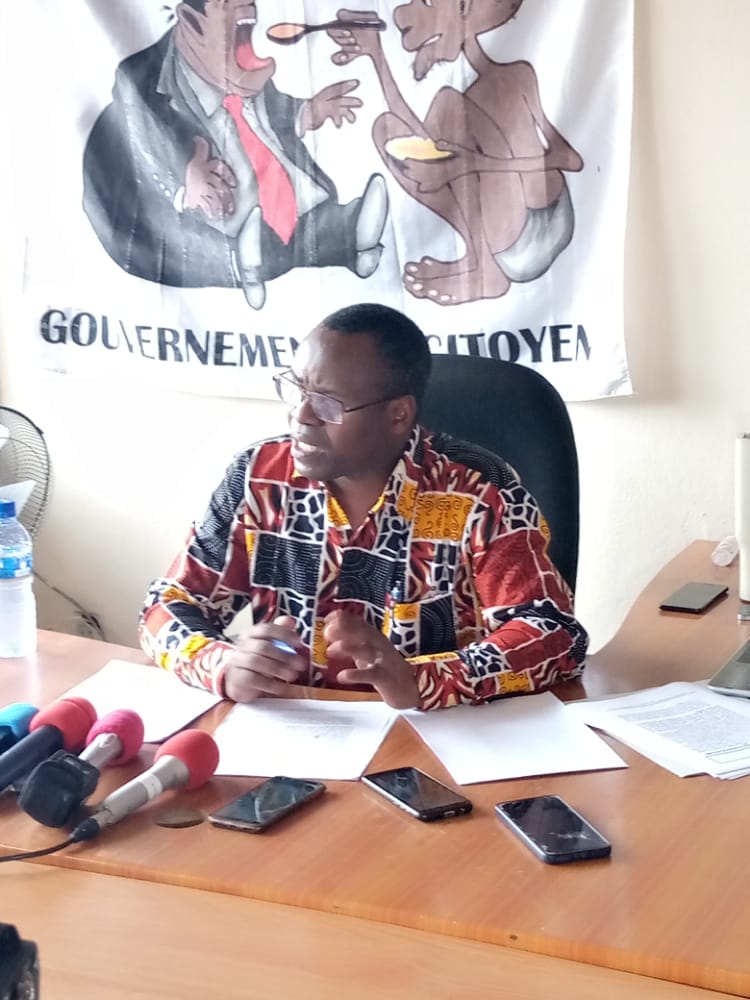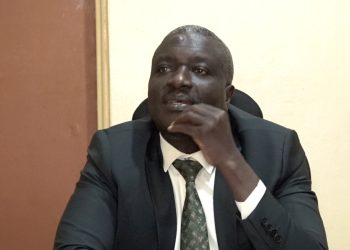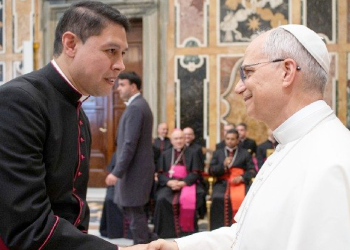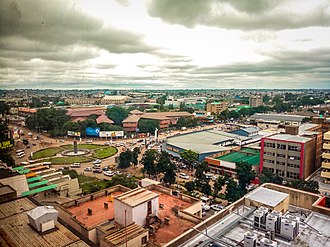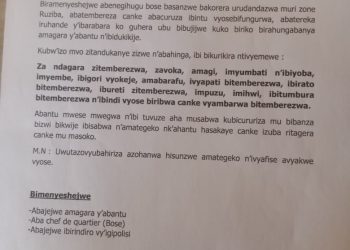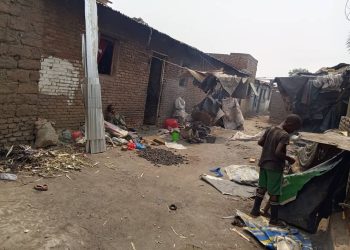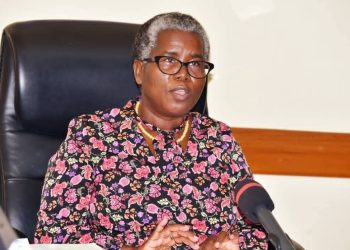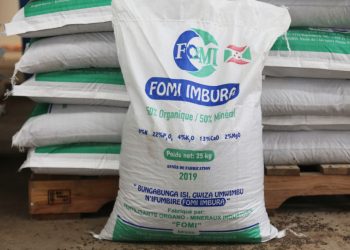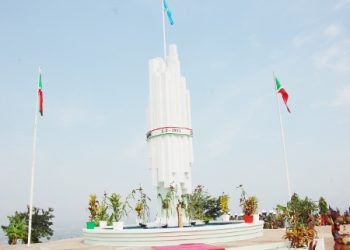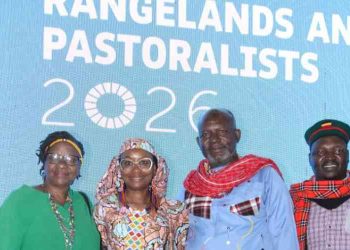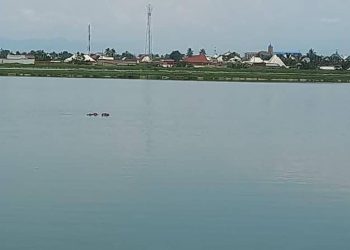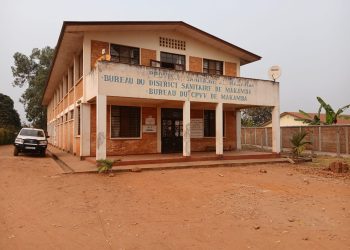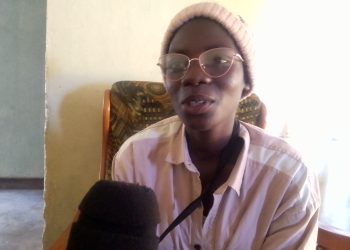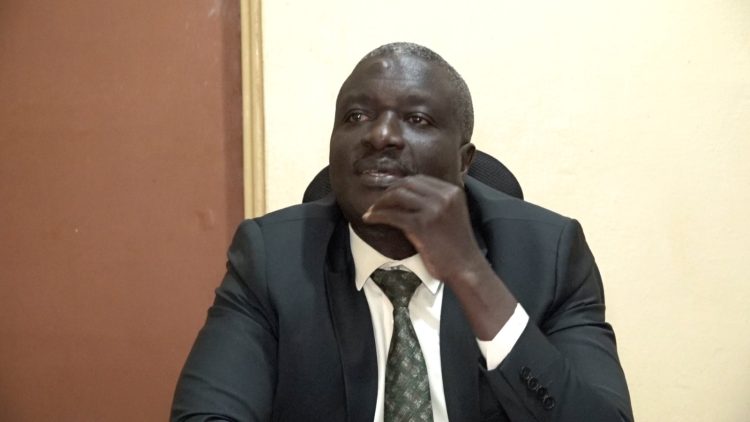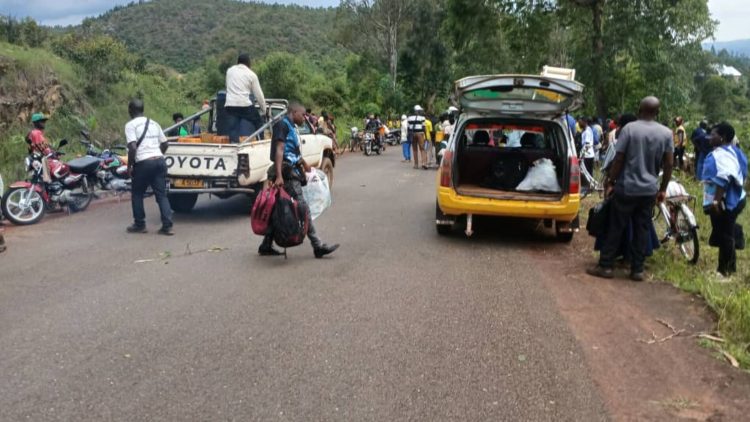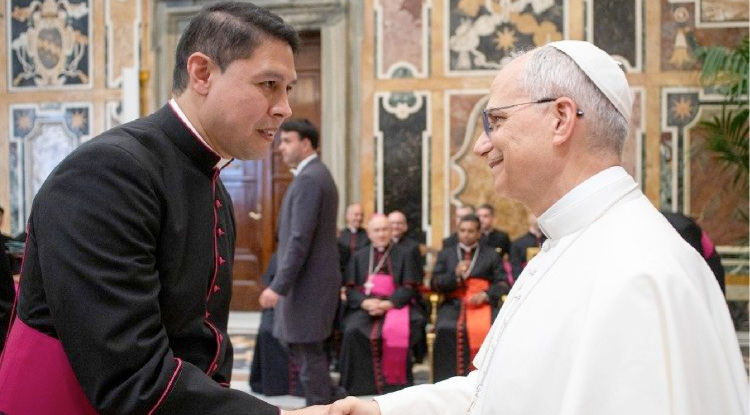The 2022/2023 state budget shows an overall revenue increase of 40.4 percent. It shifted from BIF 1,562.06 billion in 2021/2022 to BIF 2,193.6 billion in 2022/2023. Consequently, taxes on first commodities have increased enormously. According to OLUCOME, it will force low-income contributors to lift a heavy fiscal burden on their fragile shoulders.
Similar to how the heart needs blood to function, the government needs money to carry out its daily tasks, such as paying all the government’s employees and other functional expenses such as infrastructure development and day-to-day developmental services.
The state budget is not uncountable despite this, though. The enormous sum of money in a proposal form goes through several phases before it is labeled as the state budget. A minimum of two-thirds of the legislature must approve it. The head of state issues an annual edict to that effect.
In this context, the Burundi’s Head of State Evariste Ndayishimiye signed Law No. 1/20, on the 2022–2023 yearly budget on June 30, 2022. The promulgated budget began operating on July 1, 2022, as the law stipulates.
Domitien Ndihokubwayo, the then country’s finance minister, had presented the annual budget project to the National Assembly in Bujumbura on June 21, 2022.
Ninety-four members of parliament and seven members through voting power delegation were present. When explaining where this budget comes from and how various state departments would share it, lawmakers raised concerns over revenue to be raised with an increase of 40.4%.
In his answers, Ndihokubwayo reminded the lawmakers that the budget reflects the country’s economic level and its purchasing power.
“If we continue to budget a small amount of money, it shows that the country has a lower capacity to operate. For this reason, citizens must also contribute to the annual budget to cover a deficit of BIF 197.4 billion. It is an increase of 2.38% over 2021/2022’s deficit of BIF 151.8 billion,” the minister explained.
“Requiring this much from impoverished Burundians is like milking starving cattle.”
The former minister’s statement surprised and saddened Gabriel Rufyiri, leader of the Observatoire de Lutte contre la Corruption et les Malversations Economiques (OLUCOME). For him, it is a strategy of milking malnourished cattle while the country has rich mineral resources through which enough money should be collected.
“It is regrettable that it is not budgetary austerity. Money will come from vulnerable pockets. This situation is like milking a starving cow during the dry season. The population will bear a heavy burden on their shoulders. The new taxes and charges included in this budget, along with the elevated rates of taxes and charges compared to the State’s general budget 2021–2022, will be an extra burden on low-income individuals and contributors.”
The CSO activist also said that applying more taxes on items such as sugar, fuel, beer, and lemonades will cause the prices of telecommunications and other products to skyrocket, increasing the cost of food. “Soon, Burundians will experience inflation and the soaring cost of living,” Rufyiri warned.
Rufyiri argues that the country should explore other mineral resources rather than just weighing it on low-income contributors.
“Since the Government has just announced a BIF 1.5 billion new mining exploitation contract, Burundians believed that the extraction of minerals, which has been ongoing for nearly 7 years, would boost their economy. The BIF 3.5 billion allocated to this item for the 2021–2022 budget year did not increase. In contrast to the budget year 2021–2022, export taxes on minerals have only increased by BIF 805,296 (or 402.6 USD). Further measures need to be taken to recover over 70% of the State’s overall budget that was diverted during public markets,” he concluded.
Agathon Rwasa, the leader of the Congrès National pour la Liberté (CNL), the leading opposition political party, declared that a single day is not enough to carefully assess the budget project.
“In the ultimate days of the allotted period, lawmakers frequently review the budget bills. We cannot go through the text of the budget project the government submitted to us within a single day. It reduces the required attention in the adoption of finance bills,” said the historical Burundi’s opposition leader.
Boaz Nimpe, an expert in economics, believes that lawmakers should give themselves enough time to examine the state budget as a tool for fiscal policy. “They must submit finance bills on time for a careful Parliamentary review. The budget laws, in my opinion, are not listed in the official journal. The Court of Auditors deems the documentation that must be attached to the finance bill to be lacking,” he explained.
The fiscal budget for 2022–2023 priorities six major sectors, including 80 billion francs for Agro-pastoral development, 280 billion francs for social and economic infrastructure, and 5 billion francs for youth employment, 65 billion francs to strengthen the Defense system, and 35 billion francs for public security. 3 billion will go in the health and education sectors, 20 billion will equip the Agence de Régulation et de Contrôle des Télécommunications (ARCT) while the other 32 billion will go toward public finance digitization.
Annual budget expenses will go from BIF 1,713.8 billion for the 2021/2022 State Fiscal Year to BIF 2,391.08 billion in the 2022/2023 year State budget, an increase of 39.5%.
The overall deficit of the 2022/2023 General Budget amounts to BIF 197.4 billion against BIF 151.8 billion noted in 2021/2022, a deficit increase of 2.38%.
By Avit Ndayiziga.

